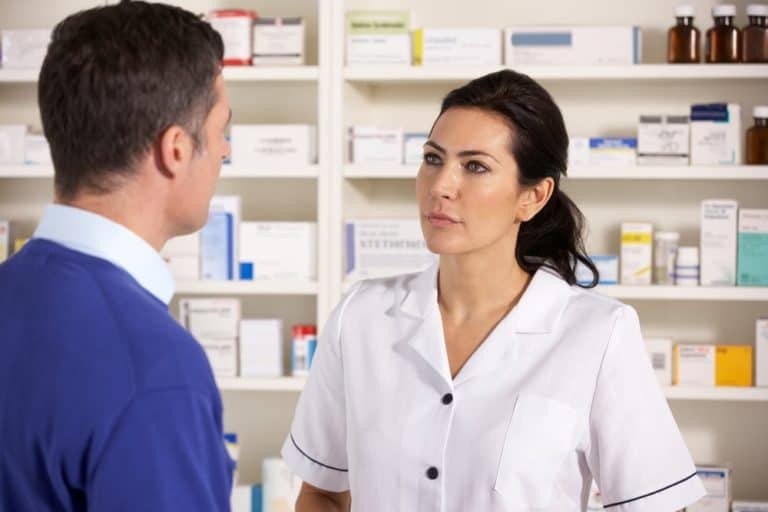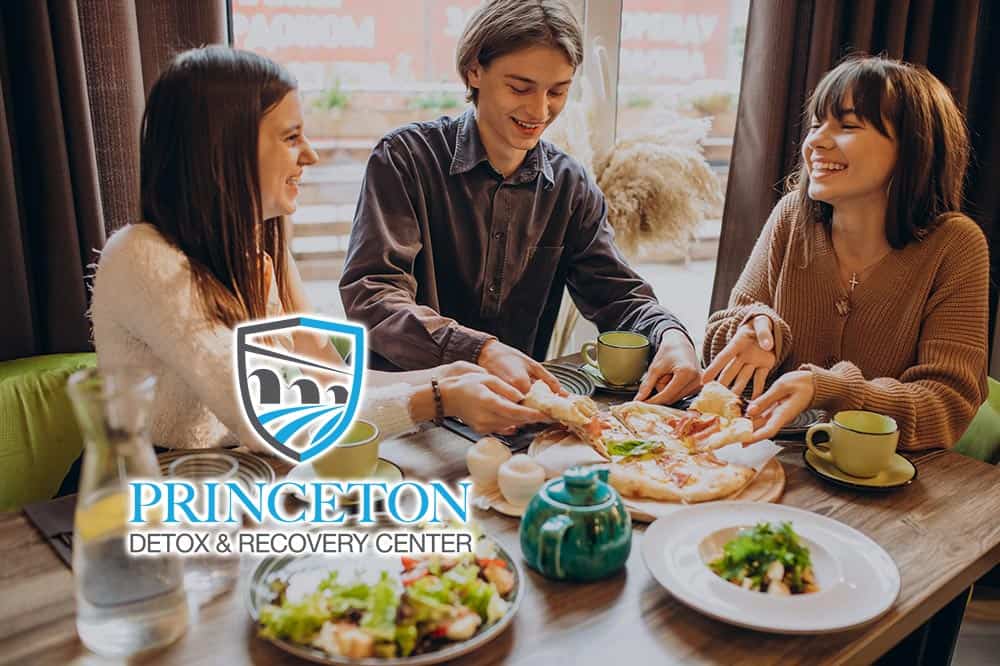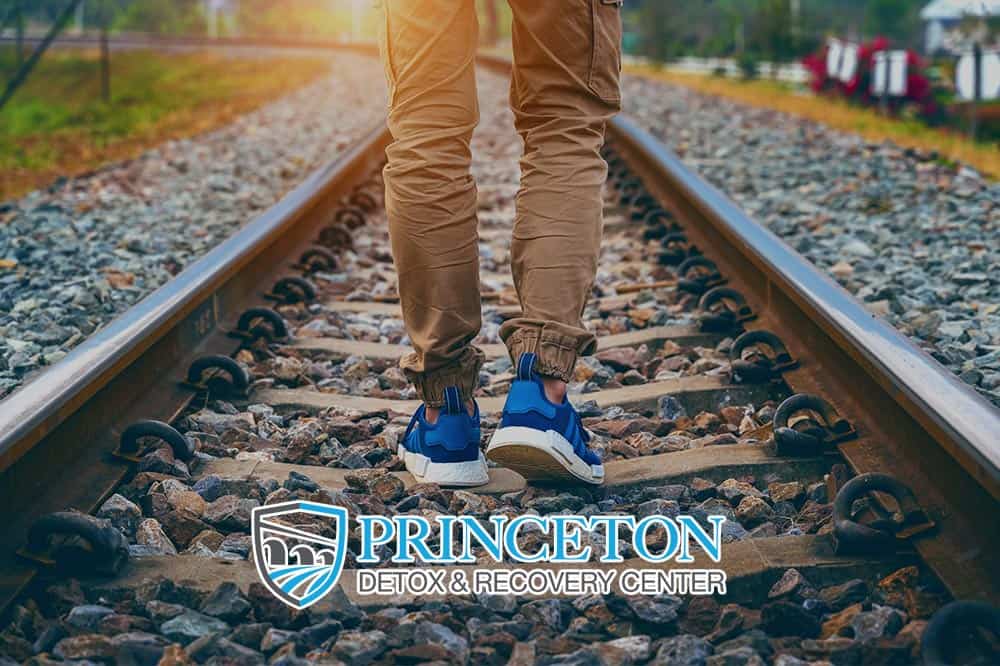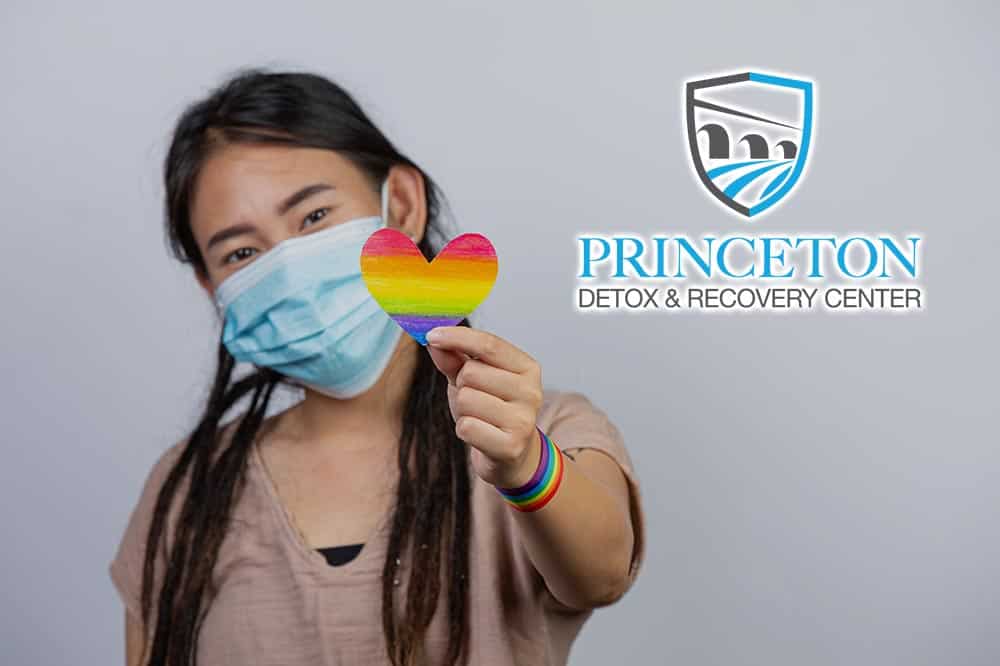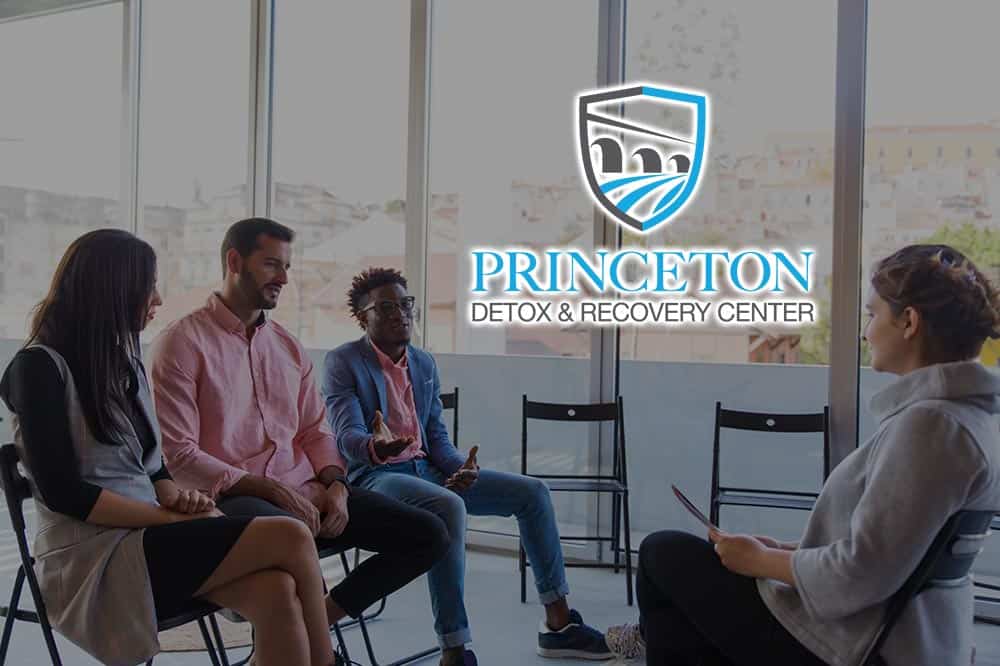Doctors prescribe drugs for specific purposes; typically to clear an infection or to manage pain. Abuse of prescription drugs occurs when the drugs are used in any way other than in the manner which the doctor prescribed.
There are three drug categories that tend to lend themselves to nonmedical use: Opioids originally prescribed to combat pain; drugs which affect the central nervous system (CNS) such as anti-depressants, drugs for sleep disorders and anxiety medications; and lastly, stimulant drugs used to treat attention-deficit hyperactivity disorder (ADHD).
Government Declared Epidemic
In 2017 the U.S. Health and Human Services Department (HHS) declared a public health emergency. The 2016 statistics relating to drug abuse were chilling, with over 11 million people who misused prescription drugs, and a whopping 116 deaths reported each day.
The costs involved with managing this epidemic are massive. The HHS allocated $900 million to support treatment and recovery services across the board at the state and federal level.
We Are Here For You
Let Us Help You Heal
Our Prescription Drug detoxification experience is second to none.
Learn how we can help by speaking with one of our Treatment Advisors today.
How Does Addiction Happen?
Addiction is often the result of a vicious cycle since some prescription drugs can be more potent than illegal substances. So, when a user exceeds the prescribed dosage, either by taking the drugs more often than prescribed or increasing its dosage quantity, addiction can occur.
To make matters worse, the body then gets used to a drug, so the user needs to then increase the dosage once again to get the same effect that they became reliant on. Sometimes, it’s the physician who increases the dosage so that an extremely ill person can get relief from ailment-related pain, but too often this leads to dependency.
Unfortunately, prescription drug addiction isn’t limited to the person for whom the drugs were prescribed. Think of it this way; you’re suffering from allergies and don’t have your medication with you. A friend offers you an alternative, and it works, so you take another…and so on. Yes, prescription drug addiction can be caused when certain drugs are taken by an unintended user for a seemingly innocent reason.
Recreational use is also a major cause. The Center for Disease Control (CDC) tracks drug uses for non-medical purposes. At the time HHS declared the above-mentioned epidemic, the CDC estimated that as many as seven million people were taking prescription drugs for non-medical use.
People at Risk
Thankfully, the vast majority of people who take prescription drugs as directed don’t become addicted, but too many people are just not aware of the risks involved of sharing prescription drugs with someone other than the person intended.
There is a wide spectrum of people who are at risk, including:
- Medical practitioners with easy access to drugs
- Adolescents experiencing peer pressure
- People who have had a problem with addictive substances in the past
- Individuals whose family lineage carries the ‘addictive gene’
Ready To Begin Your Detox?
Don’t let addiction control your life.
Call us today and let’s get you started on the path to a better you.
Prevention
Painkillers, sedatives and stimulants are prescribed for very specific reasons – to help people who are ill. If you’ve been prescribed a commonly abused drug, there are ways to reduce the risks of becoming addicted.
- Make sure that you are being prescribed the right drug. Your doctor needs to be made aware of all the medications you are currently taking as to avoid dangerous drug interactions.
- Take the dose exactly as recommended. Do not stop taking it or make changes to the dosing instructions provided.
- Keep in touch with your physician. If you feel that a painkiller is not working well, don’t take more. Instead, call your doctor.
- Ask questions or do research to better understand the drug facts, uses, and common side effects. A doctor or pharmacist can provide you with this information so that you know what to expect.
- Never use someone else’s prescription or allow anyone else to use yours.
- If you order online, make sure to use a trustworthy pharmacy.
Finding Help
Are you or a loved one overly consumed with making sure your prescription is always filled? Users typically need to be sure that their drug of choice is readily available at all times.
If you’re worried that you may have a drug addiction, help is available. Start with your physician or reputable online sources such as government sites or the CDC. You are not alone.
For prescription drug detox contact Princeton Detox & Recovery today.

Reviewed for accuracy by:
Amanda Hilzer M.Ed, CAADC, IADAC, ICCS, LCADC, CCS
Amanda graduated from Lehigh University with both an undergraduate degree in Psychology and a Master’s of Education degree in Counseling Psychology and has worked in the field of substance use disorder treatment and mental health treatment as a counselor and as a clinical manager for over 14 years.














